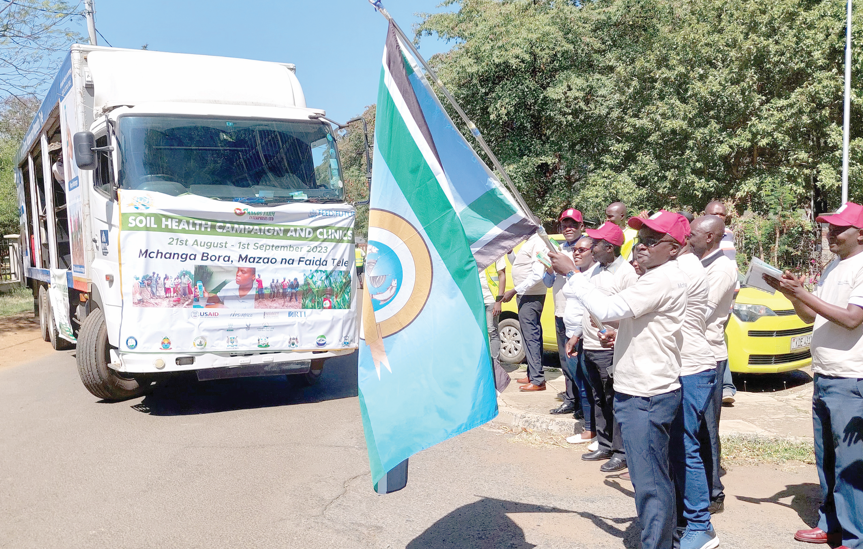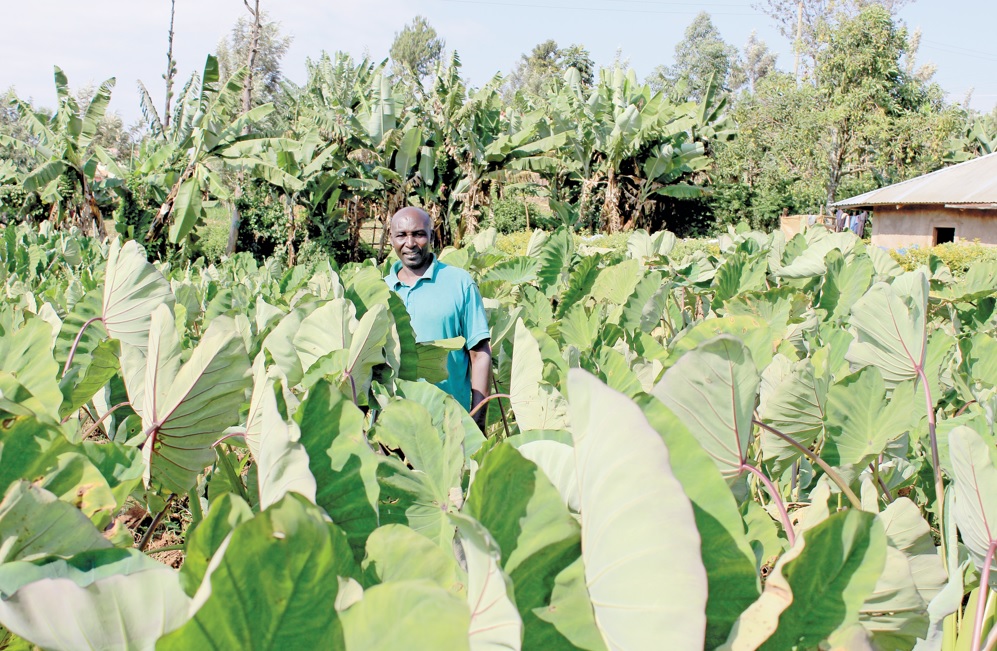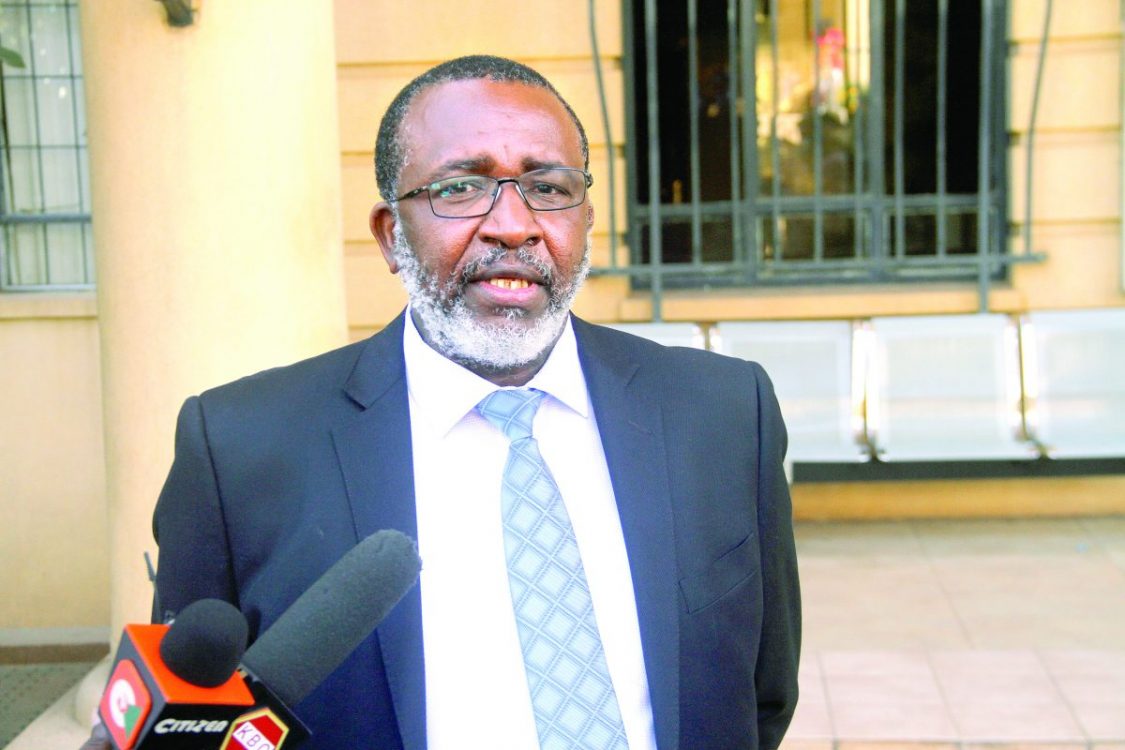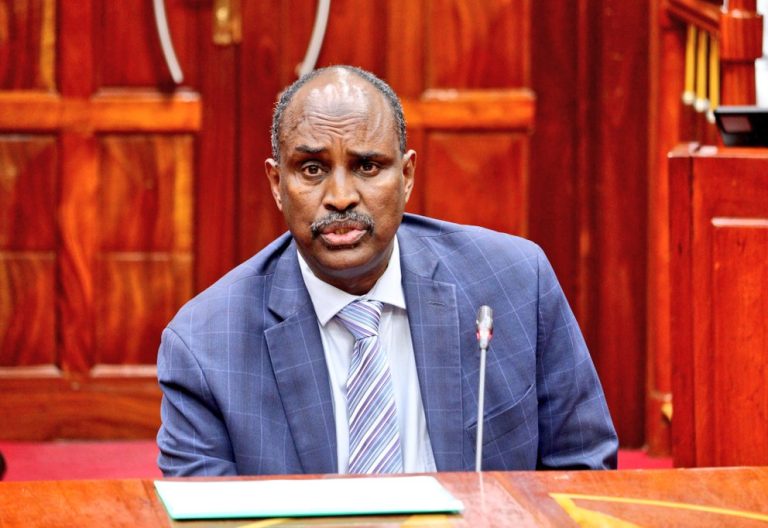Farmers put together seed bank to boost food security
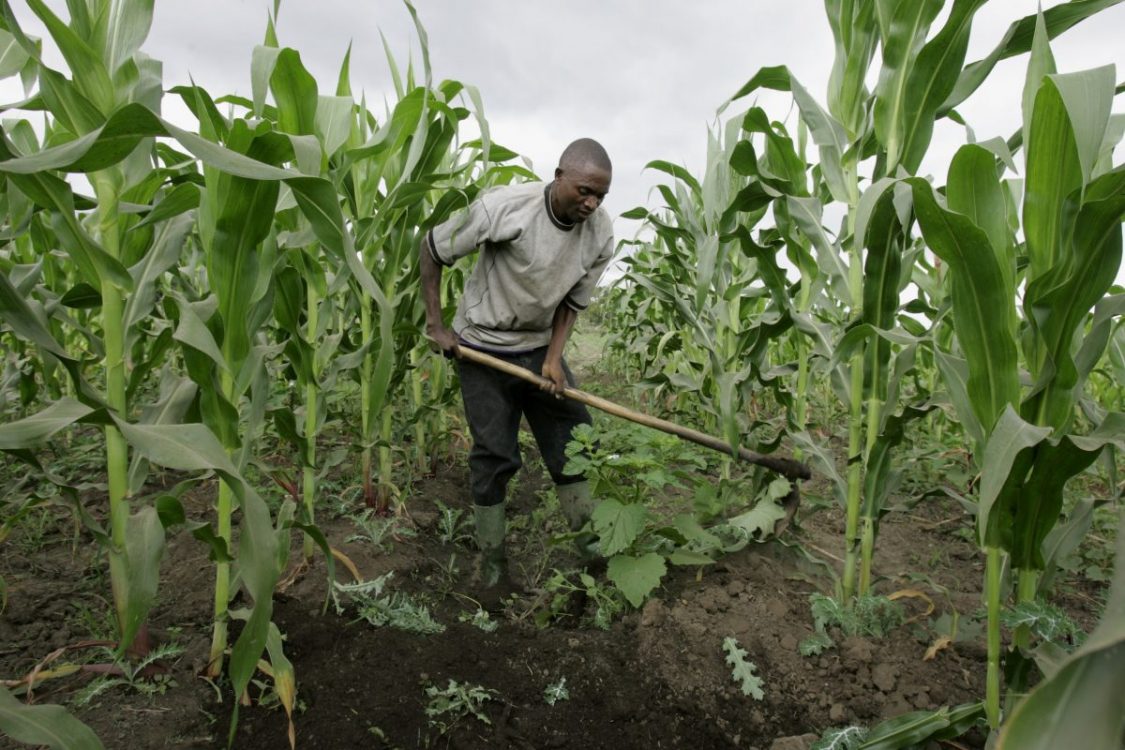
A proposal by the government for the adoption of Genetically Modified Organisms (GMO) has been met with fierce resistance in a bid to boost food production in the country.
The suggestion was confronted with fierce resistance by a majority of Kenyans who felt the move could expose them to health risks.
Many people still believe that the indigenous seeds have the capacity to produce more yields even with minimal rainfall compared to the conventional ones.
Such is the move taken by a group of farmers across the country who have come together to set up a bank for the indigenous seeds, which they say could be an alternative to boost food production in the country.
The farmers, under Grow Bio-Intensive Agriculture Centre (GBIAC), have pooled seeds for various crops putting them in a bank where their colleagues can get them.
Their aim is to promote organic farming, which they say is bound to give higher returns. The bank has over 500 varieties of seeds sourced from all over the country for preservation.
Samuel Nderitu, GBIAC director, says majority of farmers are gradually warming up to the indigenous seeds having been frustrated by the dwindling yields over the years.
Nderitu notes that farmers cannot produce enough food for consumption, forcing them to dig deeper into their pockets to buy food and in other instances rely on relief food.
He says the indigenous seeds have the capacity to give higher yields even on small parcels of land, pointing out that the farmers only need to be trained on best farming practices.
“We have been encouraging farmers to go back to the indigenous seeds for them to get higher yields,” Nderitu noted.
With the right support from the government, Nderitu observed, farmers can establish seed banks within their areas and preserve them for use when needed.
Further, he said some of the seeds which are known to produce nutritious foods are at risk of extinction and thus the need to preserve them.
Nutritional value
“We need to ensure we preserve as many varieties as we can because of their nutritional value and also to boost food production,” Nderitu said.
Monica Wayua from Ithanga village in Gatanga, Murang’a, says indigenous seeds do far much better with erratic rains and are cheaper to tend compared to conventional ones. Wayua said the government, through the Ministry of Agriculture, should support the establishment of seed banks at the community level to help farmers get access to the indigenous seeds.
“Years back we used to get bumper harvest from traditional seeds but the situation is now different,” Wayua said.
Her sentiments were echoed by Kallen Nekesa from Trans Nzoia, who said she has been recording perennial losses after planting hybrid maize compared to those who plant indigenous varieties.
“We urge the government to support agricultural practices that are safe for us and can produce higher yields, this way we will be food sufficient” she said.
She said in her one acre piece of land she used to get approximately 50 bags of maize but currently she can barely fill 20 bags.
She pointed out use of chemicals in the farms has affected food production as the soils are too acidic, adding that the best solution will be to revert to organic farming.
Victor Mumo from Yatta constituency urged the government to take up preservation of indigenous seeds even at the national level to ensure there is enough stock which can be distributed to farmers.
